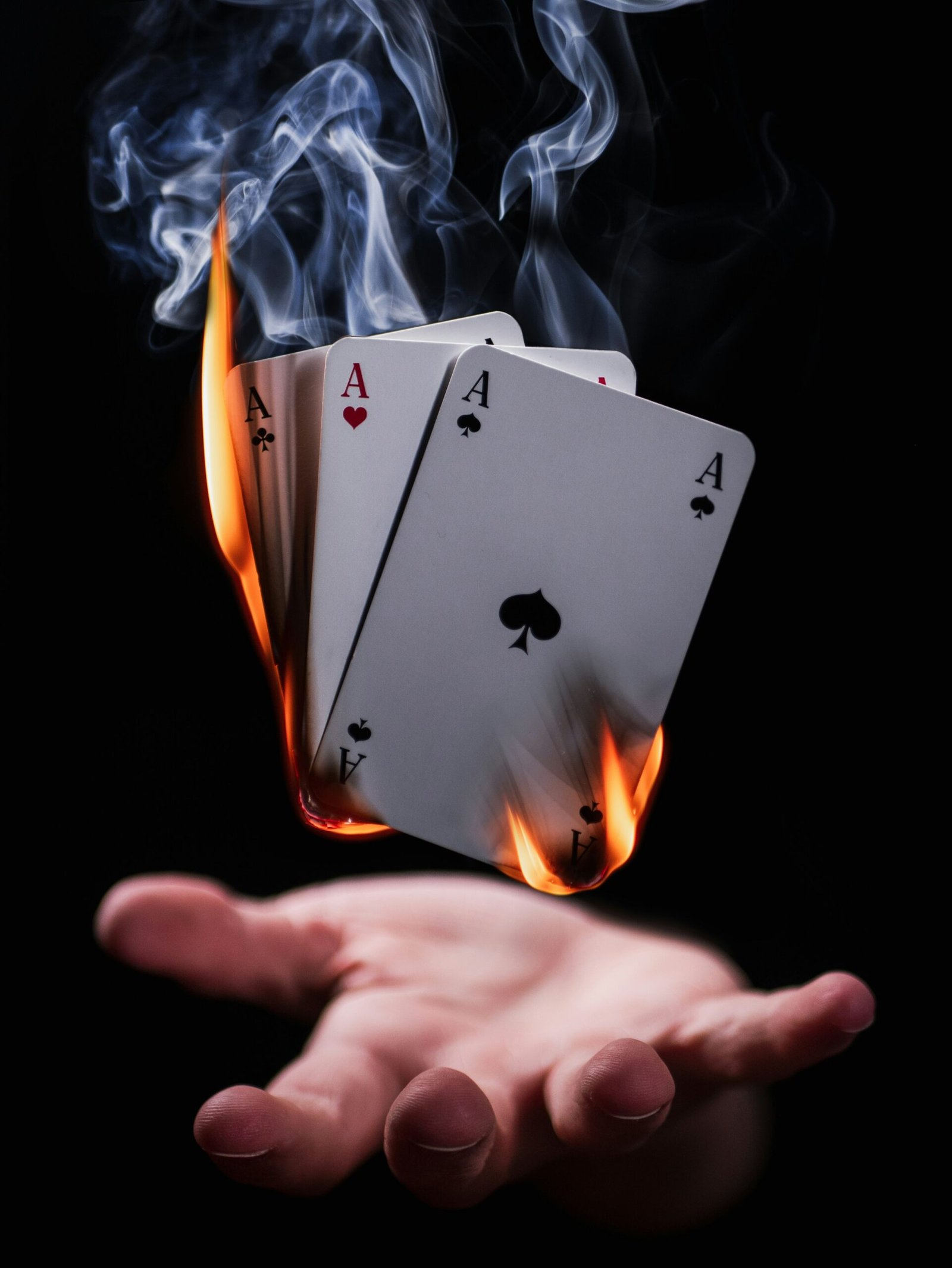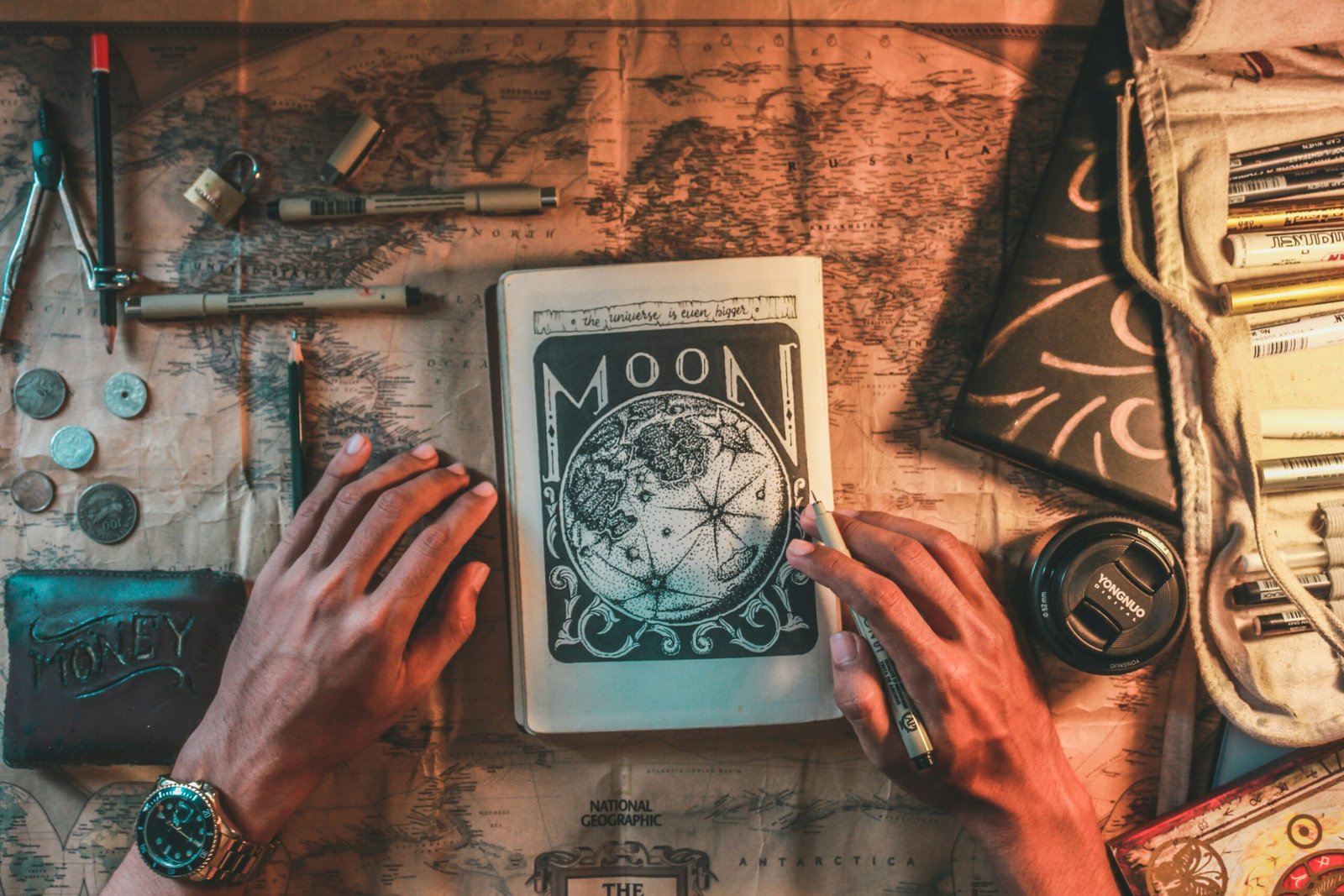The Rise of Mentalism on America’s Got Talent

Photo by <a href="https://unsplash.com/@iizanyar" rel="nofollow">Zanyar Ibrahim</a> on <a href="https://unsplash.com/?utm_source=hostinger&utm_medium=referral" rel="nofollow">Unsplash</a>
Introduction to Mentalism and Its Appeal
Mentalism is a captivating form of performance art that skillfully blends psychology, illusion, and showmanship to create the illusion of mind-reading, predicting events, and intricate psychological manipulation. Unlike traditional magic, which often relies on sleight of hand or elaborate props, mentalism relies on the performer’s deep understanding of human behavior, body language, and psychological principles. This unique blend of elements creates an aura of mystery and intrigue, making mentalism exceptionally appealing to audiences. Whether in a live setting or through the medium of television, mentalism captivates viewers by playing on their natural curiosity and wonder.
The enigmatic nature of mentalism lies in its ability to make the impossible seem possible. Performers, or mentalists, often leave audiences astounded, questioning the boundaries between reality and illusion. This is achieved through a combination of careful observation, scripted routines, and an acute awareness of subtle cues that most people typically overlook. Mentalism demands a high level of skill and precision, as even the smallest error can disrupt the illusion, breaking the spell of disbelief that holds the audience captive.
Shows like America’s Got Talent (AGT) provide a perfect platform for mentalism to shine. The reality competition format allows for a wide range of acts, but few can match the sheer psychological engagement that mentalism offers. The intimate and intense nature of a mentalism performance translates exceptionally well to the screen, drawing viewers into the mysteries being unraveled before their eyes. The combination of live audience reactions and the performer’s charisma creates a dynamic viewing experience that keeps people on the edge of their seats.
Mentalism’s growing popularity on AGT underscores its ability to captivate both live and televised audiences. The blend of psychological insight, imaginative illusion, and theatrical performance creates an experience that is both entertaining and intellectually stimulating, ensuring its place as a beloved form of modern entertainment.
Notable Mentalists on America’s Got Talent
Throughout the years, America’s Got Talent (AGT) has showcased many astonishing mentalists who have captivated both judges and audiences with their extraordinary feats. Among these, Oz Pearlman, Colin Cloud, and Shin Lim stand out as particularly memorable figures in the realm of mentalism on AGT.
Oz Pearlman first made a significant impact on AGT during its tenth season. Combining elements of psychology, hypnosis, and magic, Pearlman’s acts were nothing short of mesmerizing. His ability to seemingly read minds left the judges and audience in awe time and again. Pearlman’s charm and impeccable showmanship contributed heavily to his widespread appeal. For instance, his final performance, which involved predicting a series of random events chosen by the judges, left viewers and the judges speechless, significantly boosting the show’s ratings and cementing his place in AGT folklore.
Another remarkable talent, Colin Cloud, brought a Sherlock Holmes-like flair to AGT during its twelfth season. Known for his tagline “The Deductionist,” Cloud’s acts often involved elaborate deductions based on subtle behavioral cues. His interactive performances, which would often playfully involve the judges and the audience, made each act an exhilarating experience. One standout performance saw Cloud deducing not just random information about the judges but also managing to predict their actions with uncanny accuracy. His cerebral and sophisticated approach to mentalism greatly elevated the show’s intellectual appeal, drawing in audiences who had perhaps not previously been interested in such acts.
Shin Lim, though primarily known as a magician, also dabbled in elements of mentalism, especially during his appearances on AGT. Winning the thirteenth season, Lim’s acts were lauded for their elegance and precision. His astounding sleight of hand, combined with a narrative that suggested an almost supernatural ability to manipulate cards, left viewers astonished. One of his most memorable acts involved drawing Simon Cowell’s selected card with his breath alone—a performance that not only delighted the audience but also went viral online, bringing international attention to AGT and further popularizing mentalism.
These mentalists collectively brought innovation, personal charisma, and an unparalleled interactive aspect to the AGT stage. Each, in their unique way, contributed to the rising trend of mentalism on the show, captivating millions and enhancing AGT’s reputation as a platform for extraordinary talents.
Why Mentalism Thrives on a Platform Like AGT
America’s Got Talent (AGT) offers a unique stage for various talent acts, and mentalism has found a particularly fertile ground to thrive. The show’s format, which is designed to celebrate an eclectic mix of performances, provides mentalists with a diverse and engaged audience. Unlike other talent shows that may have niche focuses, AGT’s broad spectrum enables mentalists to capture the attention of a wide-ranging demographic, from skeptics to true believers.
Live audience reactions play a pivotal role in the success of mentalism on AGT. The immediate feedback from a captivated audience heightens the experience, generating visceral responses that can be both awe-inspiring and thought-provoking. Similarly, interactions with the judges add another layer of credibility and excitement. Judges’ astonishment and genuine reactions often provide a mirror for the at-home audience, amplifying the impact of the performance.
The production elements of AGT serve as a compelling enabler for mentalism acts. High-quality video editing ensures that each moment of astonishment is captured and accentuated, while expert camera work captures subtle gestures and expressions that might otherwise go unnoticed. The dynamic stage design, complete with dramatic lighting and special effects, provides an ideal backdrop that enhances the mysterious aura surrounding mentalism. These production elements together create an atmosphere rich with anticipation and wonder, essential for the success of any mentalist act.
Through a blend of diverse audience engagement, judge interactions, and top-tier production capabilities, AGT establishes a unique space where mentalism not only survives but thrives. The show’s multi-faceted environment allows for the full spectrum of a mentalist’s skills to be displayed, making AGT an unparalleled platform for this captivating art form.
The Cultural Impact of Mentalism in Modern Entertainment
Mentalism has found a unique niche in modern entertainment, particularly highlighted by its recurring presence on shows like America’s Got Talent (AGT). The captivating nature of mentalism, with its blend of psychological insight, mystique, and the extraordinary, has resonated deeply within contemporary popular culture. AGT’s platform has not only introduced a broader audience to the art of mentalism but has also spurred interest in similar genres across multiple entertainment mediums.
One significant outcome of mentalism’s popularity on AGT has been its influence on other television shows. Programs such as “The Mentalist” and “Mind Games” owe their conceptualization to the growing fascination with psychological feats. These shows illustrate how mentalism fits seamlessly into the current cultural zeitgeist, where audiences are intrigued by the enigmatic and challenged by the seemingly impossible. The preference for content that stimulates curiosity and invites viewers to question reality is clear proof of mentalism’s rising prominence.
Beyond television, mentalism’s impact is evident across various online platforms. Performances by mentalists have garnered significant traction on social media channels such as YouTube and TikTok, where short, captivating segments can go viral and reach millions within hours. This shift towards digital forms of entertainment has ensured that mentalism remains relevant and accessible to a wide demographic. Moreover, virtual performances during the global pandemic further showcased the adaptability and enduring appeal of mentalism.
Live performances also reflect this growing fascination. Mentalists now feature prominently in theaters and corporate events, far beyond their traditional confines. The allure of witnessing live psychological illusions and mind-reading acts continues to attract audiences, proving that the art of mentalism has substantial staying power. This blend of entertainment and psychological intrigue positions mentalism as a dynamic, evolving form of entertainment.
Looking ahead, the future of mentalism in television and live entertainment seems promising. Its proven appeal on platforms like AGT establishes a solid foundation for further innovation and expansion. As long as the collective curiosity for mystery and the human mind persists, mentalism will likely remain a significant, captivating component of modern entertainment.







